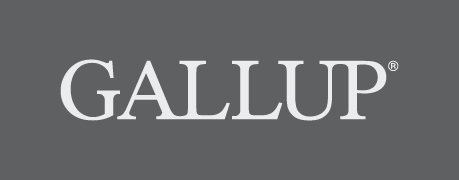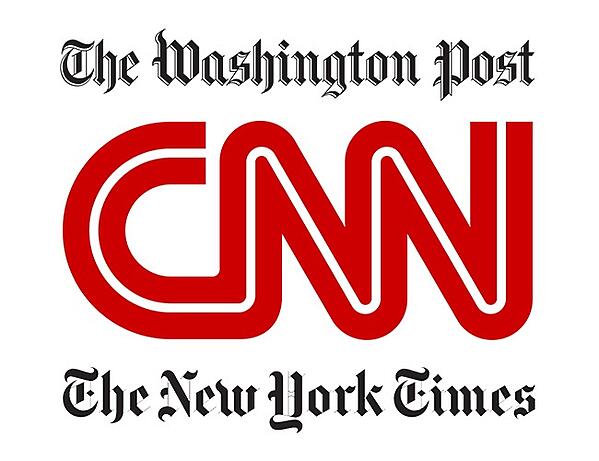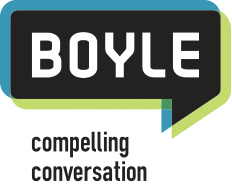How Erosion of Trust in Media May Affect PR Pros

Data from Gallup shows that confidence in newspapers and TV news are at an all-time low, and as PR professionals this should be concerning for a number of reasons.
First, in the big picture, the erosion in trust in the media mimics the erosion of trust in most other American institutions — like the Catholic Church, Supreme Court and public schools. Do any of us really want a society whose institutions are so universally distrusted by our fellow citizens?
Second, this lack of confidence in media relates directly to our profession. One of the best cases that we have been able to make to clients as to the value of our collective work is that fact that “trusted 3rd-party endorsements” by the media are extremely valuable in attracting investors, customers, donors or other critical constituents. If such endorsements are so mistrusted, then of what value are they and can we continue to make the argument in favor of that value to clients?
Third, if you are a true PR professional, then you enjoy working with the media. I know I do. But nobody enjoys working with people who are down about their place in the world. The more members of the media start to feel that their profession is disliked, the less enjoyable they will be to work and interact with professionally.
Now clearly, some reporters have been a contributing influence themselves in the public’s view of the media. That’s due, in part, to the fact that some reporters have become less objective at their jobs. By Axios’ count, nearly a dozen journalists have lost their jobs over bad social media posts, most politically charged.
I don’t think it’s just “bad social media posts” that cause public skepticism of the media. I think it’s also the blurring of the lines between reporting and analysis, something that has been brewing for years and now has reached full peak, on talking head programs.
How and why has this blurring occurred? It starts with assumptions made by those in charge of news outlets. Sometimes those assumptions are made due to research findings but other times due to gut instinct.

Here’s one widely held assumption as it might be stated by a news editor: “people are so bombarded with information online that we need to provide them with analysis since they already know what’s going on in the news.” And here are a couple of examples of how that assumptions filters its way through the news ecosystem.
- Print editors, who grew up in an era of “breaking stories” in the morning paper, now feel that people already know instantly what has happened, and the paper needs to explain how and why.
- Broadcast news producers, with very few senior people left who cut their teeth prior to the rise of cable news, now worry that TV viewers already know what’s happened by watching cable, and so they take their precious, more limited time and want to use it to explain, in broadcast terms, that same how and why.
In sum, everyone in the media is so anxious to tell the “why and how” that, as a result, the “who, what, when and where” has fallen by the wayside. And the “why and how” speculation is often made by people who are not nearly seasoned enough in their reporting roles to be the ones doing the speculating. This problem is exacerbated by the echo chamber effect, since most TV talking head conversations tend to take place in clusters among people who mostly agree with each other.
Now that I’ve stated the problem, I’ll aim to address it more fully in an upcoming blog post. See you next week on www.boylepublicaffairs.com, LinkedIn, Facebook and/or Twitter.
